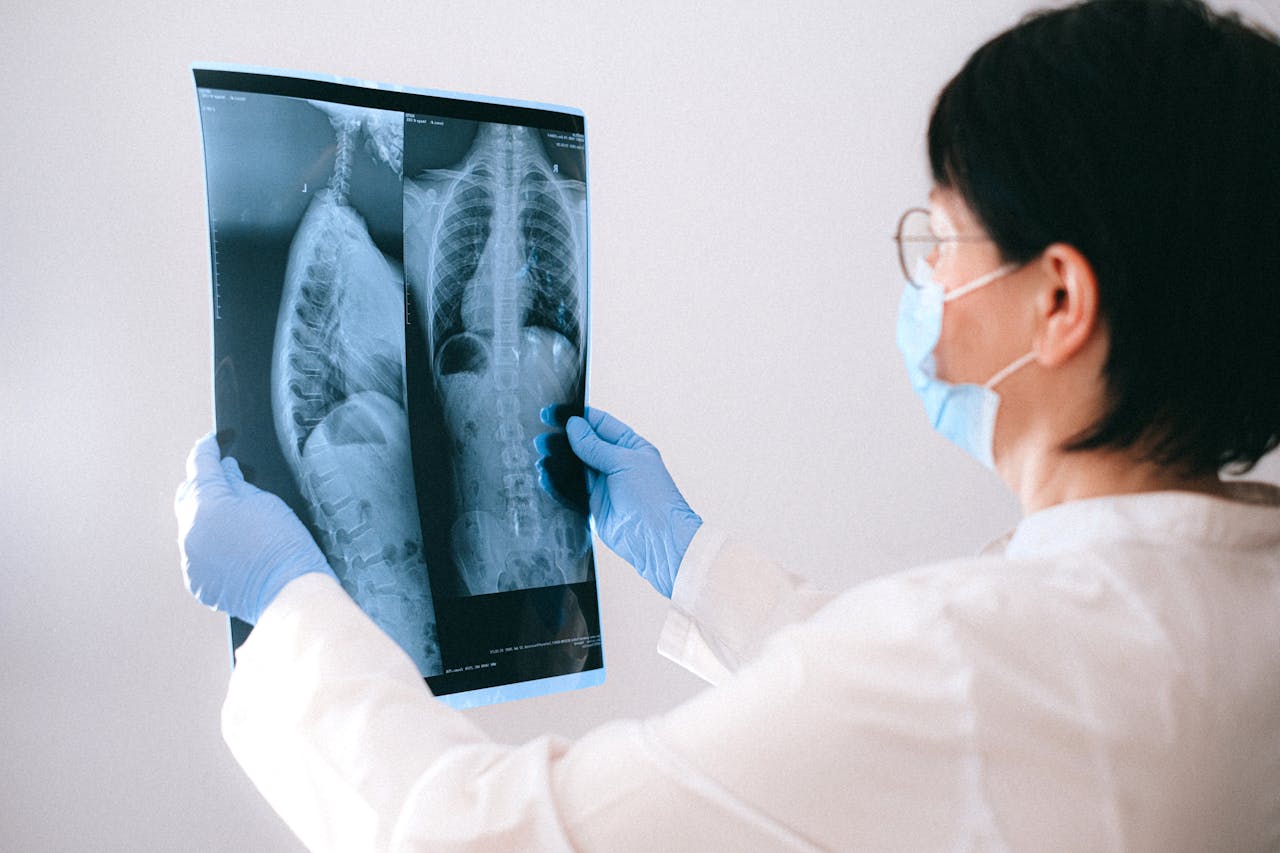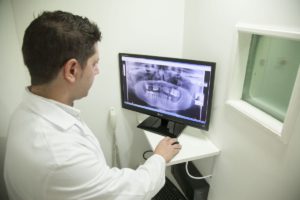
Magnetic Resonance Imaging (MRI) has revolutionized radiology by providing detailed images of the inside of the body without the need for invasive procedures. Over the years, MRI technology has undergone significant advancements, enhancing its capabilities and applications in medical diagnostics. This article explores the latest developments in MRI technology, how they transform radiology, and what these innovations mean for patients and healthcare professionals.
The Evolution of MRI Technology
MRI technology has advanced greatly since its inception in the 1970s. Initially, MRI scans were limited in providing high-resolution images and required lengthy scanning times. However, advancements in technology have dramatically improved MRI scans’ speed, accuracy, and versatility.
1. High-Resolution Imaging
One of the most notable advancements in MRI technology is improving image resolution. Modern MRI machines can produce incredibly detailed images, allowing radiologists to detect even the slightest abnormalities. High-resolution imaging is particularly beneficial for diagnosing conditions in delicate areas such as the brain, spinal cord, and joints. This enhanced clarity enables more accurate diagnoses and better treatment planning.
2. Faster Scanning Times
Traditionally, MRI scans could take anywhere from 30 minutes to an hour, depending on the complexity of the scan. However, recent developments have led to the introduction of faster scanning techniques. Innovations like parallel imaging and compressed sensing have significantly reduced scan times without compromising image quality. This reduction in scanning duration improves patient comfort and increases the efficiency of imaging procedures, allowing more patients to be seen in a given timeframe.
3. Functional MRI (fMRI)
Functional MRI (fMRI) is another groundbreaking advancement that has expanded the scope of MRI technology. Unlike conventional MRI, which provides static images, fMRI measures changes in brain activity by detecting variations in blood flow. fMRI has become a vital tool in understanding how different brain regions interact and how these interactions affect behaviour and cognition.
4. Advanced Imaging Sequences
Recent advancements have also introduced new imaging sequences that enhance MRI’s diagnostic capabilities. Techniques such as Diffusion Tensor Imaging (DTI) and Magnetic Resonance Spectroscopy (MRS) provide additional information about the structure and composition of tissues. DTI is particularly useful for mapping white matter tracts in the brain, while MRS can analyze the chemical composition of tissues, aiding in diagnosing tumours and other abnormalities.
5. Portable MRI Machines
The development of portable MRI machines represents a significant leap forward in MRI technology. These compact devices offer the convenience of performing MRI scans in various settings, including remote or emergency locations. Portable MRI machines are precious when traditional MRI machines are not readily accessible, such as in disaster relief efforts or rural healthcare settings.
 Implications for Radiology and Patient Care
Implications for Radiology and Patient Care
The advancements in MRI technology have far-reaching implications for radiology and patient care.
1. Enhanced Diagnostic Accuracy
The improved resolution and advanced imaging techniques modern MRI machines provide have greatly enhanced diagnostic accuracy. Radiologists can now identify subtle tissue changes and detect conditions at earlier stages. Early diagnosis is crucial for effective treatment and better patient outcomes, particularly for conditions like cancer, neurological disorders, and joint diseases.
2. Increased Patient Comfort
Faster scanning times and advancements in MRI technology contribute to a more comfortable patient experience. Shorter scan durations reduce the time patients need to remain still, which is particularly beneficial for those who experience anxiety or discomfort during the procedure. Additionally, modern MRI machines are designed with quieter operation and more comfortable patient positions, improving the overall experience.
3. Broader Applications
The innovations in MRI technology have expanded its applications beyond traditional imaging. Functional MRI (fMRI) has opened new avenues for research into brain function, leading to a better understanding of neurological and psychiatric conditions. Portable MRI machines offer the ability to perform scans in a wider range of environments, making advanced imaging more accessible to underserved populations.
4. Improved Efficiency
Faster scanning techniques and advanced imaging sequences have improved the efficiency of radiology departments. Reduced scan times and increased throughput allow more patients to be examined in a shorter period, which can help alleviate waiting times and optimize resource use. This efficiency is crucial in busy healthcare settings where timely diagnostics are essential.
The Future of MRI Technology
Ongoing research focuses on enhancing image resolution, reducing scan times, and exploring new applications. Innovations such as MRI-compatible implants and advanced artificial intelligence (AI) algorithms are expected to shape the next generation of MRI technology significantly.
AI is particularly promising. It could potentially assist radiologists in image analysis, automate routine tasks, and enhance diagnostic accuracy. As AI technology evolves, it may become an integral part of the MRI workflow, improving efficiency and outcomes.
Advancements in MRI technology have transformed the field of radiology, offering enhanced imaging capabilities, faster scan times, and new applications. These innovations have significantly improved diagnostic accuracy, patient comfort, and overall efficiency in healthcare settings. As technology continues to evolve, the future of MRI holds even more promise, with the potential to further revolutionize medical imaging and patient care. For healthcare professionals and patients, staying informed about these advancements is crucial for maximizing the benefits of MRI technology and ensuring the best possible outcomes.







